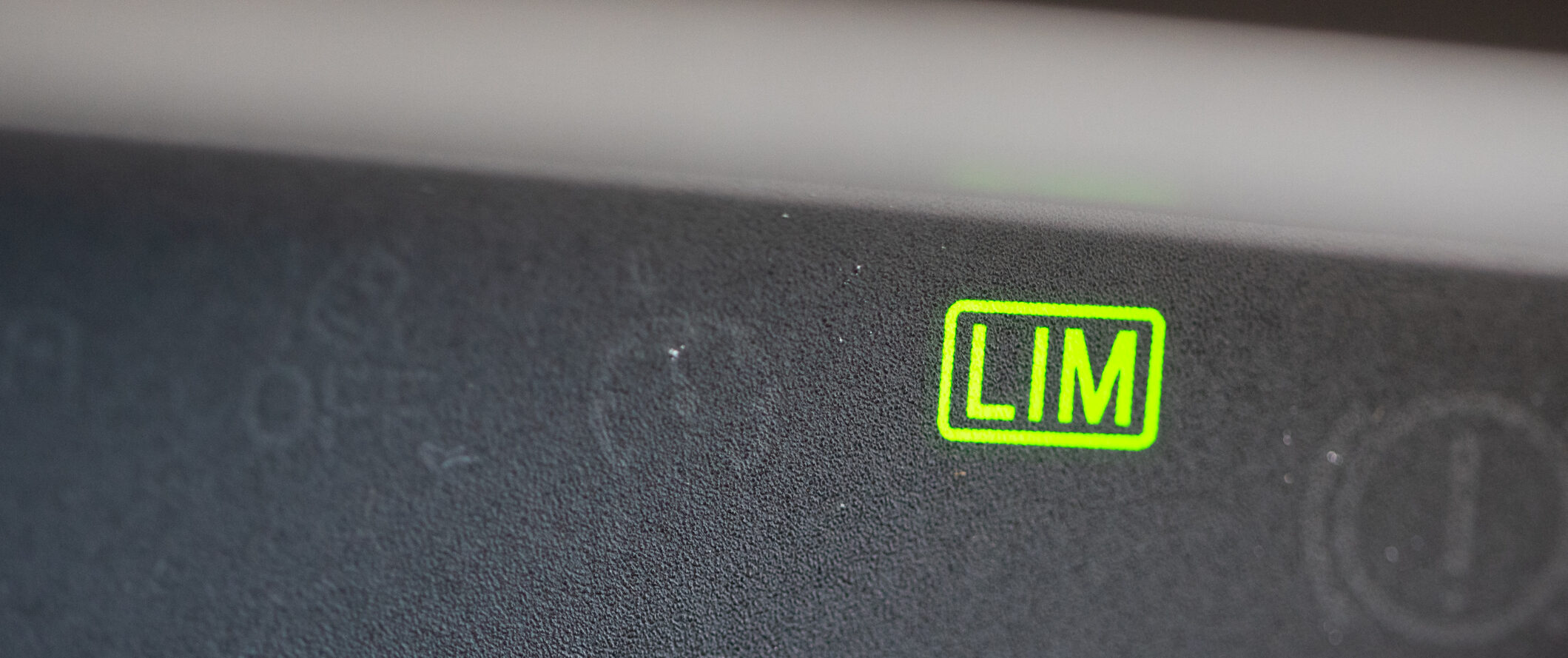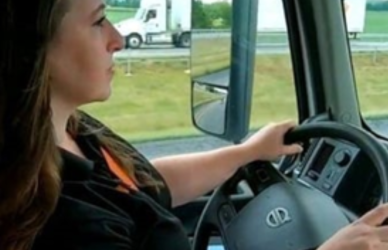The movement to thwart the Federal Motor Carrier Safety Administration’s (FMCSA) push for mandatory speed limiters on heavy-duty trucks has gained additional backing. This month, Representatives Jefferson Van Drew (R-N.J.) and Byron Donalds (R-Fla.) joined as co-sponsors of the DRIVE Act, bringing the total number of co-sponsors in the House to 34.
Introduced by Rep. Josh Brecheen (R-Okla.) last year, the DRIVE Act, or HR3039, aims to prevent the FMCSA from advancing any rulemaking that seeks to enforce speed-limiting devices on commercial motor vehicles.
The FMCSA initiated an advance notice of supplemental proposed rulemaking concerning speed limiters in 2022, with a formal proposal, including a specified top speed, expected in May. Truck drivers overwhelmingly expressed their opposition to a speed limiter mandate through 15,000 comments submitted in response to the initial notice.
Numerous lawmakers have echoed the concerns of truck drivers, emphasizing issues such as hazardous speed differentials, states’ rights, and unintended consequences as reasons to reject mandatory speed limiters.
Rep. Van Drew voiced his opposition to speed limiters during a House subcommittee hearing in December.
“These drivers give many examples of situations in which they need to accelerate for safety, whether it’s merging into highway speed traffic, building momentum to go up a hill or simply keeping up with the flow of traffic,” Van Drew said. “It is a hard and difficult job, and they do it well. Your policy would take those options away from them. We’re tired of this. We’re tired of big government. One gentleman, his comment was, ‘This is a stupid idea. The policy is overreach.’ We’re tired of overreach. It’s a classic example of government coming to save us … There’s a lot of independent truckers, and they would be harmed by this policy.”
Brecheen previously highlighted the importance of allowing states to determine their speed limits, emphasizing that a speed limiter mandate would strip away that autonomy. States that opted for uniform speed limits for both cars and heavy-duty trucks did so based on safety considerations, ensuring vehicles on the same road operated at similar speeds.
“We need the ability to have our state legislators and state senators to listen to the people and make adjustments,” Brecheen said. “When the federal government does something, it’s put in place, and ingenuity and creativity is often lost. We need the ability to adjust to different conditions.”
The Owner-Operator Independent Drivers Association (OOIDA), representing small-business truckers, actively opposes a speed limiter mandate and advocates for support of the DRIVE Act.
Source: Land Line











